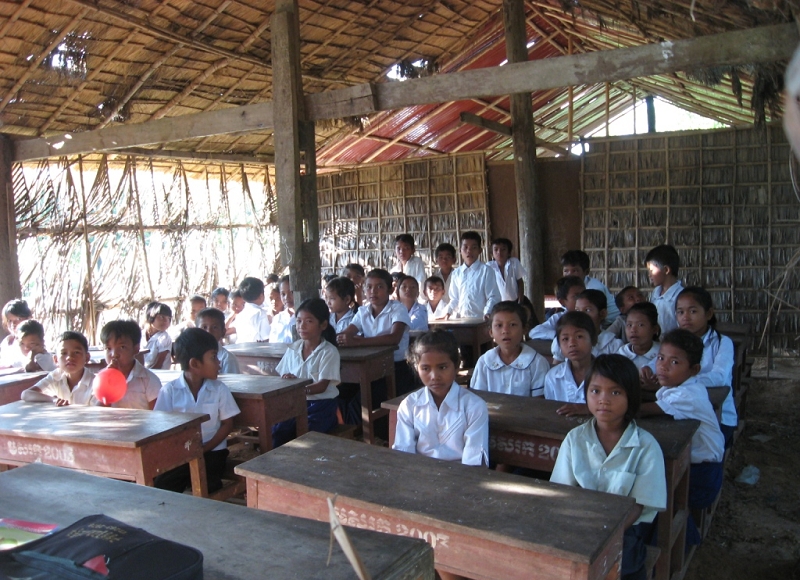Industry Report 2016: Private Education Sector in Cambodia
/ June 15, 2016

Cambodia has experienced significant economic and social change over recent years as the country has emerged to become one of the fastest growing economies in Asia. The Asian Development Bank (ADB)’s article dated 10 March 2016 described the Kingdom as Asia’s New Tiger Economy, with its economic growth driven by a robust growth in the industry sector (+11.7% in 2015) led by the manufacturing of low-cost garment and footwear products. According to the bank’s Outlook 2016, Cambodia’s gross domestic product (GDP) is expected to keep up the pace at 7% through to 2017. Meanwhile, gross national income (GNI) per capita reached $1,020 in 2014, surpassing $1,000 for the first time, and is estimated to surpass $1,045, allowing the Kingdom to leave the group of low-income countries and successfully join the group of lower-middle income economies.
While the economic and business activities have become more vibrant, many aspects of Cambodian people’s life have also been affected. One of these is the people’s attitude towards education, particularly among the group of middle-class people who have been witnessing their wealth increase along with the level of economic growth and education, and the importance of education for wealth creation and poverty reduction. In other words, many more Cambodian people have become increasingly enthusiastic towards the quality of education. This is evident by the recent rise in the number of private schools offering educational programs alternative to and in addition to public schools and public educational institutions. Despite the effort of the government to enhance the quality of education provided by public educational institutions—for example, the eight priorities set by the Ministry of Education, which includes things such as to improve the quality of learning and teaching, and to reform of the examination system—we observe that many more parents are sending their children to private schools for bilingual or trilingual programs, investing more on education in the hope for their children’s
better future education and career prospects.
However, while information on public education in Cambodia is widely available, information on private education is very limited and not well documented. The purpose of this report is, thus, to try to document this sector using any information collected from any sources that we consider reliable. Section 2 recounts an important recent educational reform. Section 3 describes the current status and trends in the private education sector. Section 4 outlines the characteristics of private schools with focus on the academic programs they offer and the tuition fees they charge. Section 5 identifies some of the potential factors for the sector’s growth. Section 6 concludes the report, while Section 7 provides as reference the list of all private schools in Cambodia.
